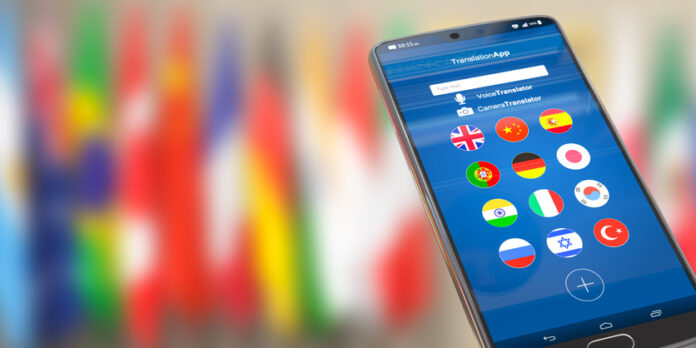To a large extent, we are more connected than ever. We can communicate in all manner of ways, in an instant, with people at the opposite corner of the globe. This rapid shift has worked wonders to reduce physical distances and facilitate business operations and personal relationships over recent years.
Crucial to this transformation is communication. While physical gaps might have been bridged by technology, our ability to express ourselves clearly is more important than ever. And that’s exactly where effective translation comes in. Read on to discover just how crucial multilingual translation agencies are in enabling international success!
What are multilingual translation agencies?
Multilingual translation agencies specialize in the conversion of content into a variety of languages. This process prioritizes the accurate delivery of the original message as well as paying close attention to the content’s form, style, purpose and implications. Multilingual translation also considers cultural references. For example, if a text includes regional slang or cultural nuances, the human translator ensures these are effectively adapted to maintain relevance and clarity for the target audience.
Professional linguists are also skilled when it comes to handling idiomatic terms, regional dialects or unusual turns of phrase. They’ll either find an equivalent term in the target language or, if you prefer, choose something more neutral. Translation work comes with many choices and decisions. Since communication underpins all our relationships, it’s worth making the right ones.
Can’t AI help?
Digital technologies have helped us in so many ways over the past decade. Indeed, the field of machine translation has developed significantly, allowing tools like Google Translate to be accessible and useful to us all. Who hasn’t felt bewildered while staring at a menu while abroad, crossing fingers and toes that the meal just ordered won’t turn into an unplanned culinary adventure?
Machine translation is most certainly useful when it comes to getting across meaning in unexpected circumstances or getting the basic gist of something. However, when it comes to securing the international success of your business, more is at stake than the contents of your sandwich. A high-quality multilingual translation agency will take care not only of the message’s accuracy, but also of its tone, its cultural implications and any nuances that you may (or may not) want to preserve. A professional translator will also take care of any cultural references that could be lost on the target audience and find something that resonates more appropriately.
What challenges can multilingual translation services help overcome?
If you have decided to take the step of expanding into new territories, you’re likely filled with a mix of excitement and nervousness. Perhaps you are eager to reach new international audiences, but apprehensive about how your brand will be received. That’s where multilingual translation comes in. As well as eroding language barriers, multilingual translation can enhance customer experience on a global scale, ensuring accuracy but also resonance. Let’s look at some of the key pitfalls they’ll help you avoid:
-
Brand consistency
By choosing a reliable and experienced multilingual translation agency, you’ll also ensure brand consistency across your marketing materials and other online content.
Many large agencies use CAT (computer-assisted translation) tools to support their translators in achieving consistency across all content. These tools do not translate themselves, but they assist the linguist by storing particularly common terms or phrases in the translation memory. The human translator can then accept these suggestions or choose to override them if they feel the context requires a different word choice.
-
Cultural sensitivity
The last thing you want to do when your new audience first encounters your brand is to alienate or – worse still – offend. Much of the way we communicate is rooted in our home culture. We spend most of our time speaking with people who share that culture, and so we don’t need to explain or worry about these cultural aspects. In fact, we likely don’t even realize it!
However, once you translate content, it will be received by people who may not share or understand the original cultural context. Take humor. Most of us love a joke and sharing one helps us to communicate on a deeper level, but did you know the types of jokes we love are rooted in our culture? French humor, for instance, is often quite intellectual or satirical, with sophisticated wordplay – much like traditional British wit.
Spanish humor, meanwhile, often draws on exaggeration and melodrama, which may sound odd translated directly. It also often references Spanish history or other culturally rooted events.
This is the opposite of Japanese humor, which is usually far more subtle, understated and often quirky. This can prove challenging for translators, especially if the target audience is used to a more direct form of comedy.
Language and communication are rich and highly complex, shaping our perceptions, influencing our relationships, and connecting us in ways that are both visible and unseen. Effective translation is about more than words; it’s a truly nuanced art that can ensure businesses and individuals communicate clearly and with empathy across borders.



























![“Does Everyone Hear Me OK?”: How to Lead Virtual Teams Effectively iStock-1438575049 (1) [Converted]](https://www.europeanbusinessreview.com/wp-content/uploads/2024/11/iStock-1438575049-1-Converted-100x70.jpg)




